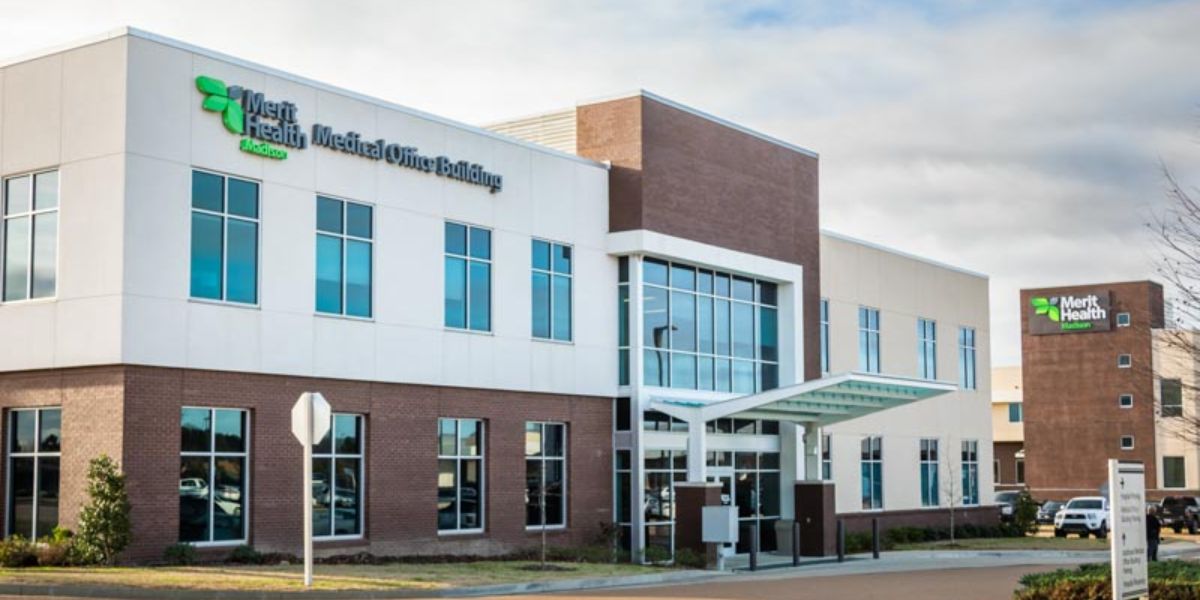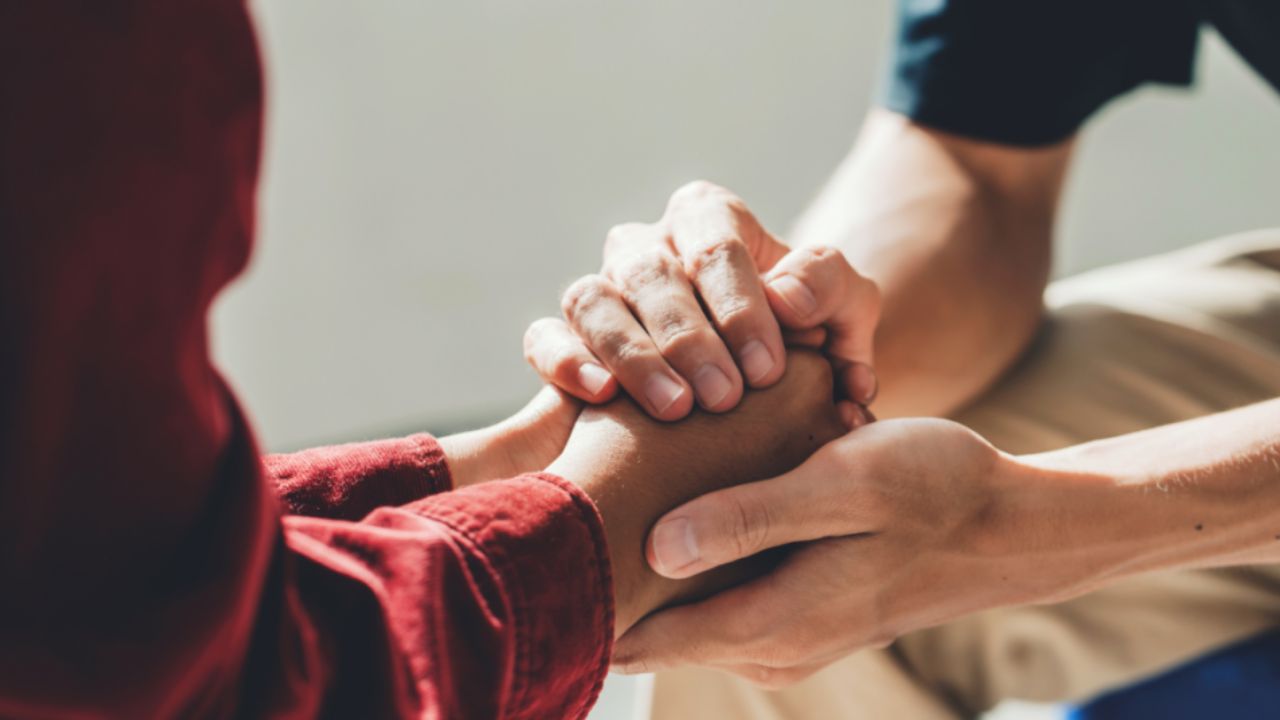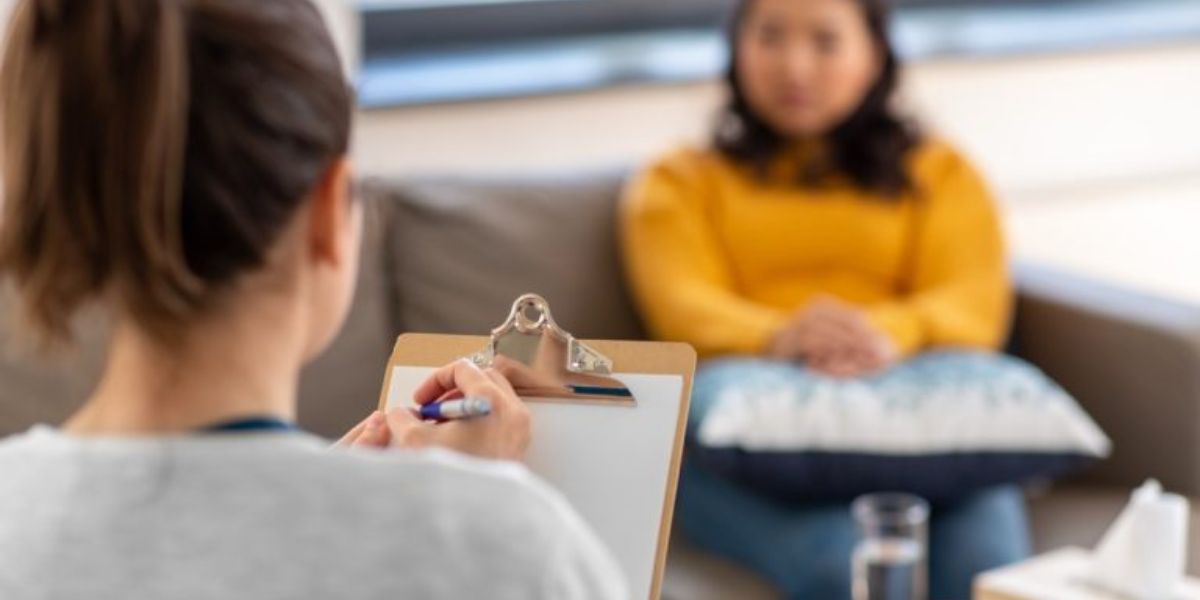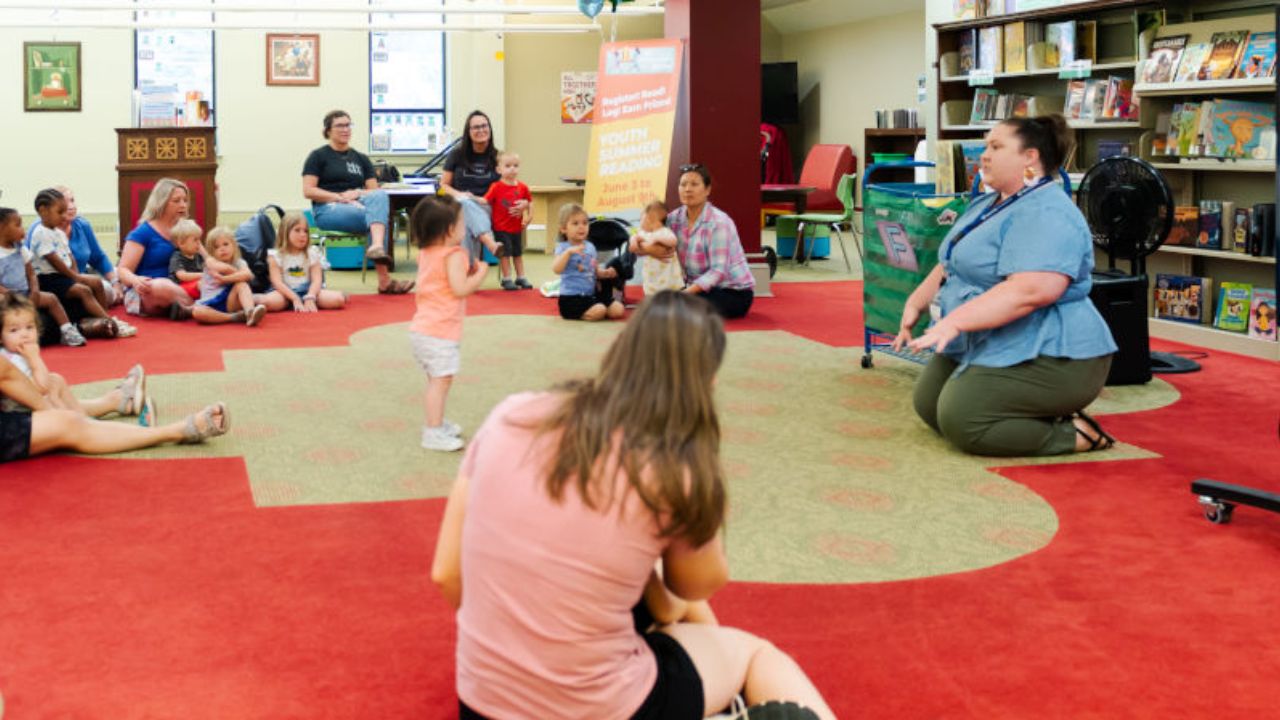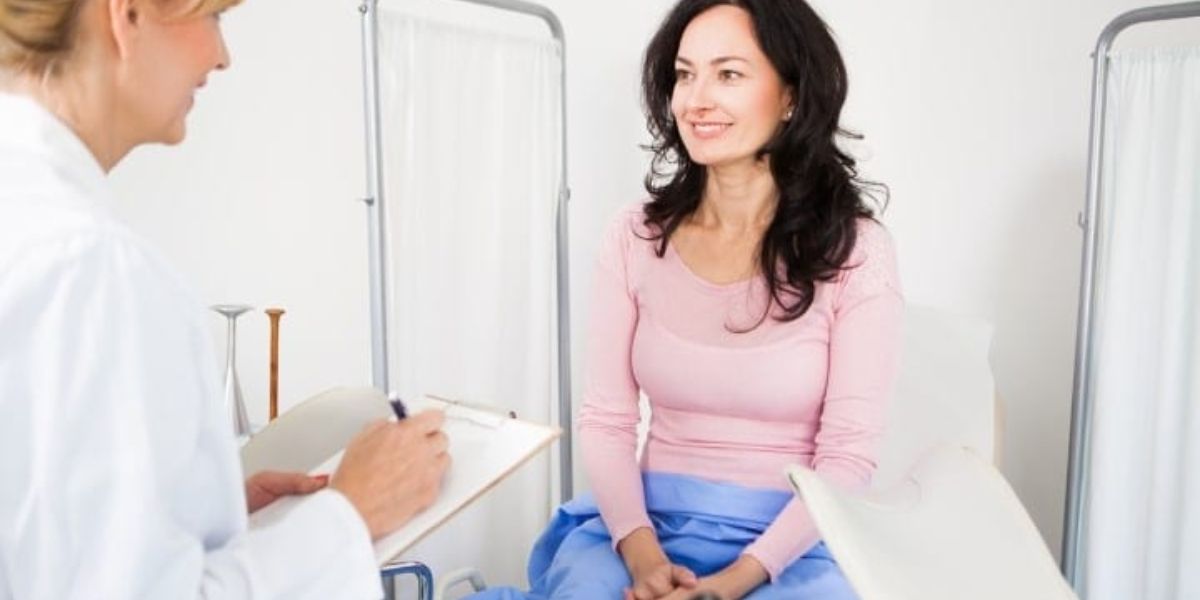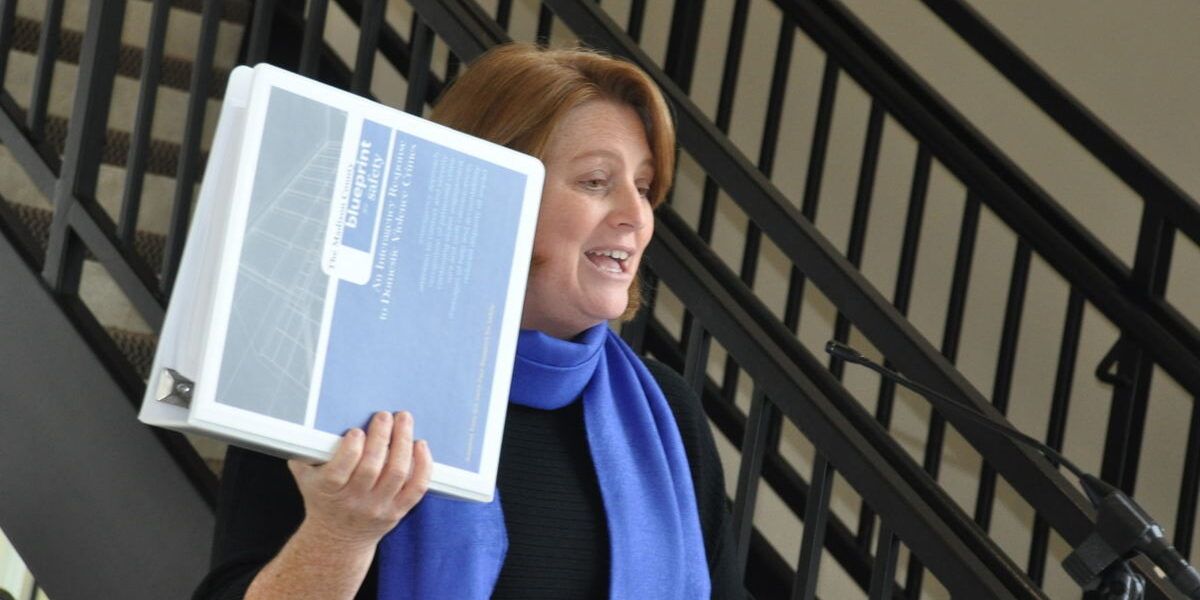Madison County has been steadily transforming its approach to addiction recovery, recognizing that the path to healing requires more than punishment or treatment alone. The collaboration between local courts and community health clinics has become a vital part of this change—bringing together justice and healthcare to support individuals seeking recovery.
The Evolution of Recovery-Focused Justice in Madison County
Over the past decade, Madison County’s court system has shifted toward a model that emphasizes rehabilitation over incarceration. Instead of sending individuals struggling with substance use to jail, many are now diverted into specialized recovery programs. These initiatives focus on addressing the root causes of addiction, offering treatment options and accountability through regular check-ins, counseling, and support groups.
Table of Contents
Drug treatment courts and problem-solving dockets have played a key role in this transformation. Participants are not simply handed sentences—they engage in a structured recovery process where judges, counselors, and medical professionals work together to guide progress. The goal is to help participants rebuild their lives, not just fulfill a legal obligation.
The Role of Local Clinics in the Recovery Process
Community health clinics across Madison County—many operating under integrated care models—have become essential partners in this effort. These clinics provide Medication-Assisted Treatment (MAT), behavioral therapy, and care coordination services for individuals referred by the courts.
Rather than treating substance use disorder as a standalone issue, clinics in Madison County approach recovery holistically. They screen for co-occurring conditions such as depression, anxiety, or trauma, and align treatment plans with the individual’s physical health needs. For example, a person with diabetes and opioid use disorder might receive both medical and behavioral care within the same setting, ensuring continuity and better outcomes.
Clinics also collaborate closely with probation officers and case managers, updating them on patient progress and ensuring compliance with treatment requirements. This ongoing communication builds a system of accountability while still prioritizing compassion and long-term wellness.
Connecting Justice and Healthcare Systems
The connection between Madison County’s judicial system and public health network is more than administrative—it’s built on shared goals and trust. Through regular interagency meetings, case coordination calls, and data-sharing protocols, these systems align their efforts.
Judges and court staff receive training on addiction science, while clinic teams learn about legal processes and participant expectations. This mutual understanding ensures that both sides approach recovery from an informed and empathetic perspective.
Moreover, the county’s recovery court programs now embed clinical liaisons directly into the courthouse environment. These professionals assess participants on-site, making immediate treatment referrals rather than delaying care. It’s an efficient system that reduces relapse risk and connects individuals to support at critical moments.
Overcoming Challenges in Coordination
Collaboration doesn’t come without challenges. Courts and clinics operate under different funding streams, confidentiality rules, and administrative requirements. For instance, HIPAA regulations can limit what clinical information can be shared with court personnel.
To navigate these barriers, Madison County has established data-sharing agreements and developed communication protocols that protect privacy while allowing for effective oversight. Staff from both sectors also participate in joint case reviews to discuss general trends, not individual records, helping identify system-wide improvements.
Another challenge lies in resource limitations—rural and suburban parts of Madison County sometimes lack easy access to treatment facilities. To address this, telehealth services have expanded, enabling remote counseling and medication management. These digital solutions ensure no one falls through the cracks, even in areas with fewer physical clinics.
Success Stories from Madison County’s Collaborative Model
One of the most inspiring outcomes of this partnership is the number of residents who have successfully completed court-supervised recovery programs and re-entered the community as mentors or peer advocates.
Local clinics report improved engagement rates, with more patients attending follow-up appointments and completing treatment plans. Judges, too, have noted a decline in reoffending rates among participants of the recovery courts, showing that the model not only supports personal healing but also strengthens public safety.
As one Madison County clinician described it,
“When the court and clinic speak the same language of recovery, people don’t just avoid jail—they rebuild their lives.”
The Future of Recovery Collaboration in Madison County
Looking ahead, Madison County plans to deepen these collaborations by expanding family support programs, integrating housing assistance into court recovery plans, and developing a countywide data platform to track outcomes more effectively.
The long-term vision is to create a seamless network where every person entering the justice system with substance use challenges can be guided toward health, stability, and opportunity.
Call to Action
Recovery thrives when communities come together. If you or someone you know is navigating addiction or facing court-related challenges in Madison County, explore available support programs through your local clinics or court recovery coordinators. Together, we can build a healthier, stronger Madison County—one recovery at a time.
Visit mcchc.org to learn more about integrated care, addiction recovery resources, and family support services in your community.

